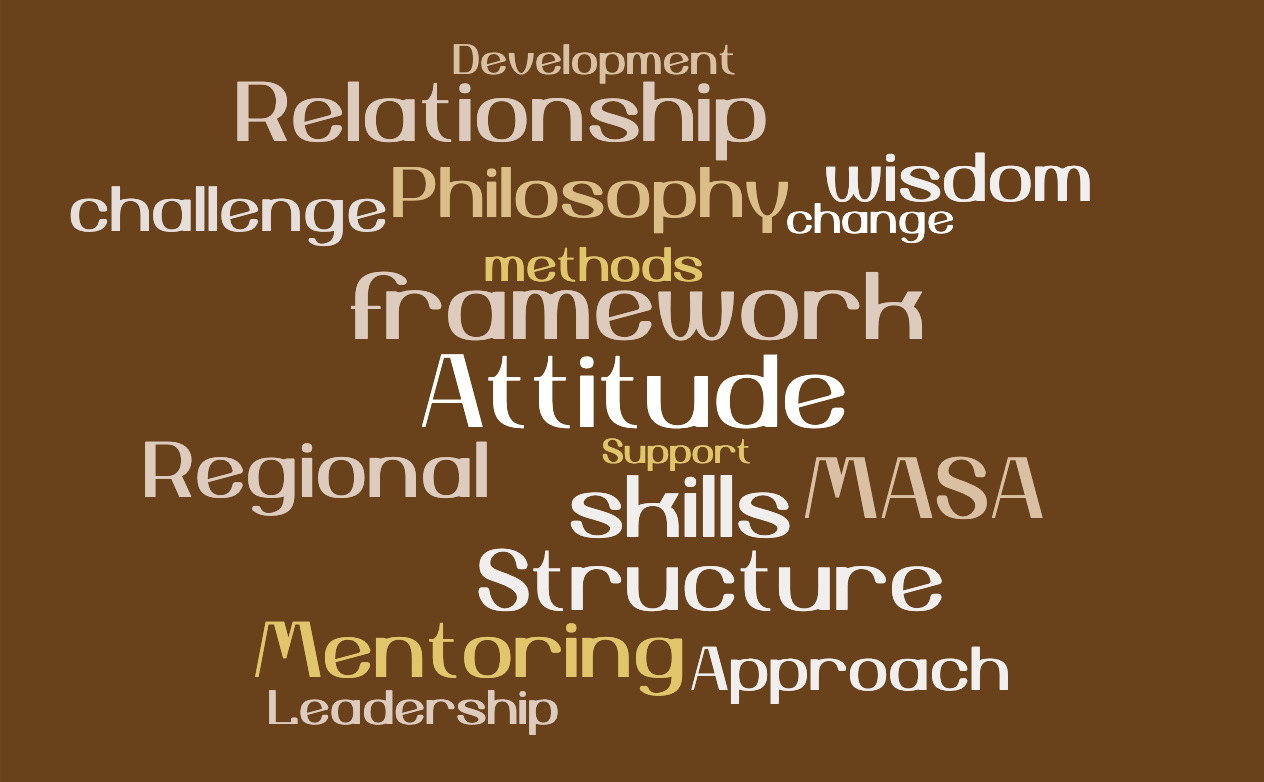MASA Mentor ProgramThe Minnesota Association of School Administrators (MASA) wants its members to be supported well so that they thrive and achieve success. We believe that a strong mentoring program will support administrators new to their roles in building their capacity to lead their schools in student achievement growth. The MASA Mentor Program provides new members with resources to address their specific development needs. We use multiple strategies, including guidance and coaching, networking, training, emotional, professional and social support.
|
